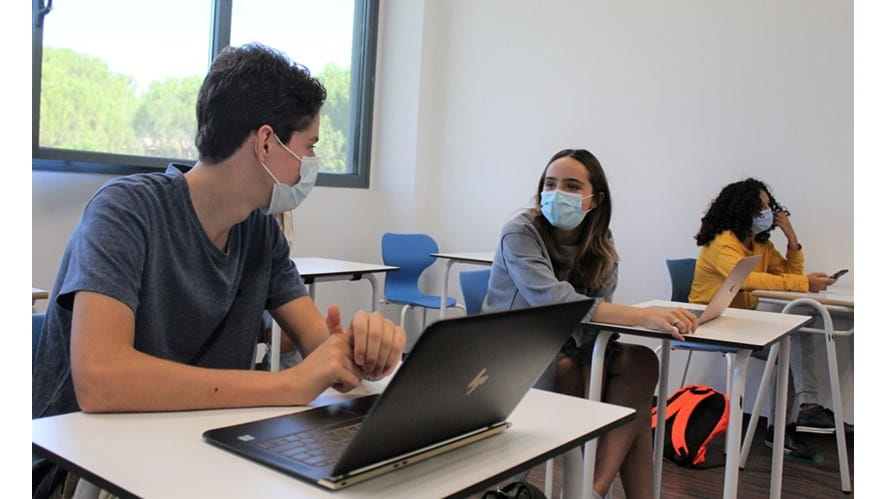Helping Adolescents Develop Self-Concept
Discover the important role that parents play in helping their adolescents develop self-concept, the overall mental representation that we have of ourselves.
Adolescence is a time of rapid change, a stage of development and growth in which boys and girls are constantly looking for their place in the world. From this springs the desire to explore, to know and to experiment with different roles, activities and behaviours.
During adolescence, there is a need to think deeply about oneself. In turn, the brain matures and learns new skills. All of this influences the process of acquiring a new identity. Therefore, it is only when kids have developed a cohesive self-concept that they can build their self-esteem and self-worth.
Self-concept is the overall mental representation that we have of ourselves. During the first years of life, the concept of the self is the most malleable. This is when children are more likely to integrate the values, judgements and expectations of those close to them. During adolescence, it becomes much less coherent, more arbitrary and changeable.
Self-concept contains self-esteem and self-worth. Self-esteem is about how adolescents assess their own self-concept. It encompasses the thoughts, feelings, sensations and experiences about themselves. Self-worth is the unconditional value they place on themselves.

Adolescents who have a positive self-esteem and self-worth:
- Feel loved and accepted by their environment. In addition, they are motivated to learn, try new things and are ready to experience the world.
- Tend to be optimistic about their future and know how to approach their problems from different points of view.
- Set short- and medium-term goals and are able to take responsibility for their own behaviours and decisions.
- Know their strengths and their weaknesses. Just as they know how to accept criticism, they are self-critical and face problems.
- Are emotionally stable and show empathy.
- Are sensitive to the needs of others, communicate easily with those around them and maintain a healthy social network within their environment.

Parents play an essential role in helping their adolescents go through this process of rapid change. Parents need to be available to listen to their teens, validate their feelings, and be able to understand how difficult something might be for them.
When parents are present and offer support, adolescents have better self-awareness and have fewer depressive symptoms. Family support is therefore crucial, even if teenagers claim more autonomy and have an increased tendency to turn to their peers for emotional and behavioural support.









